Beijing, which has placed innovation at the core of its entire development, has witnessed historic achievements in scientific innovation.

Workers at a company in Beijing's Zhongguancun Science Park test a robot. REN CHAO/XINHUA
With the aim of serving as the national science and technology innovation center, the capital has cultivated a number of national strategic scientific and technological forces, including national laboratories and new R&D institutions. It has also made several high-level achievements in the fields of quantum information, artificial intelligence, blockchain, brain science, gene editing and cell therapy.
Beijing surpassed London for the first time to rank third globally in innovation, according to the Global Innovation Hub Index 2022 jointly released on Dec 19 by the Center for Industrial Development and Environmental Governance at Tsinghua University and Nature Research. In addition, the Guangdong-Hong Kong-Macao Greater Bay Area and Shanghai ranked sixth and 10th, respectively.
According to the report, competition among regional science and innovation ecology centers has deepened. For example, cities in the US have ample scientific and technological talent resources, and also an advantage in knowledge creation, openness and cooperation, and innovation support.
Europe has its advantages in public services and innovation culture.
Cities in Asia have seen outstanding performances at scientific research institutions and on scientific infrastructure, and are pushing the international innovation landscape toward multipolarity and green, low-carbon development.
In China, key cities for innovation have performed well, evidenced by the fact that five of them have been listed in the top 20 in terms of scientific infrastructure and research institutions, while Beijing ranks first globally for scientific infrastructure.
China has also seen outstanding performances in green, low-carbon development.
Eight Chinese cities are among the top 10 for such development, and Beijing ranks first globally for renewable energy technology and cooperation networks.
Although Beijing is the top city globally for scientific research output, according to the Nature Index, Shanghai is quickly catching up. It overtook the Boston Metropolitan Area and the San Francisco Bay Area in the US to claim third spot in this year's Science Cities analysis.

Cai Xinxia, a scientist at a Chinese Academy of Sciences' laboratory in Beijing, demonstrates her research in micro-nano biosensors and bioelectronics. JIN LIWANG/XINHUA
Fast track
A survey last year by Springer Nature and the Shanghai Institute of Science found that Shanghai was the most attractive city in China among 654 scientists polled globally. The survey also showed that the growth rate among young scientists in Shanghai was the sixth-highest in the world, with the impact factor of their papers rising by 304.4 percent from 2019 to last year.
In 2018, after spending three years in France and two years in the US carrying out his post-doctoral research, Wang Rong decided to return to China.
"I knew I was about to reach the most creative stage of my research career, and I wanted to spend my most productive years in my home country," said Wang, who received his doctorates in environmental science and physics from Peking University in 2013.
"I was raised and educated in China, so I thought it was time to repay my debt to the country," Wang said.
Within days of making his decision, Fudan University offered Wang a research position at its Shanghai Key Laboratory of Atmospheric Particle Pollution Prevention. He was later also included in a talent program that provided him with a 2 million yuan ($286,600) research grant.
"The grant gives me full autonomy in choosing research topics, which has great merit when it comes to basic research," Wang said.
His return to China has been rewarding. Wang now leads a team of four doctoral, six graduate and four undergraduate students. In four years, he has also published eight major papers in international science journals such as Nature, Joule, The Innovation and PNAS(Proceedings of the National Academy of Sciences of the United States of America).
In recent years, Shanghai, which aims to become a world-class science and technology center, has attracted many talented scientific professionals such as Wang.
Having spent the past five years carrying out research in the city, Wang said he has been most impressed by Shanghai's constant efforts to promote an open and inclusive innovation ecosystem, and its growing emphasis on basic research.
Such efforts include establishing programs in 2015 to support young scientists. For example, the Rising-Star Program has benefited more than 3,000 talented young sci-tech workers, according to the city's science and technology commission. Moreover, the number of people covered by the program, as well as the funding each person receives, have doubled in recent years.
Meanwhile, the Pujiang Talent Program has attracted more than 4,400 talented individuals from overseas.
Wang said these programs are highly attractive for young talent, as they not only provide funding but also build multidisciplinary collaboration and industry-university-research cooperation platforms that significantly empower research pursuits.
Shanghai has also introduced reforms to encourage innovative research. Last year, the municipal government launched a pilot program to provide basic research institutes with funding every five years.
The program also gives researchers full autonomy over the choice of research topics, how they want to conduct the research, and the way in which they use the funding. Shanghai Jiao Tong University, the Shanghai branch of the Chinese Academy of Sciences, and Fudan University were the first basic research institutes included in the pilot program.
According to the city's 14th Five-Year Plan (2021-25), Shanghai aims to devote 4.5 percent of its GDP to R&D. Basic research will comprise 12 percent of the city's total R&D budget during this period.
Wu Qing, vice-mayor of Shanghai, has said that in coming years the city will continue to strengthen research in basic sciences and core technologies, attract more quality talent, and enhance international cooperation.
Wang said his 2 million yuan grant is nearly depleted, but he is optimistic about securing another that will hopefully sustain his research for the next 10 years.
"For China to become a country of innovation, it's up to us to make this happen — and make no mistake about this, it will happen," he said.
Still young himself, Wang said his hopes also rest on the younger generation, many of whom have impressed him with their keen interest in basic research and strong drive for success.
Xu Siqing, one of Wang's team members and a graduate student from Shandong province, has been so devoted to her research for the past three years that she has not returned home for two straight years, not even for family reunions during Spring Festival, Wang said. Xu is an only child.









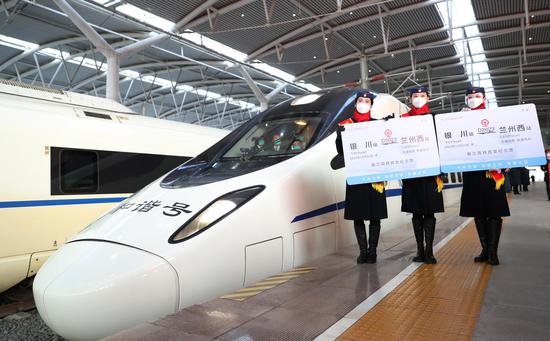



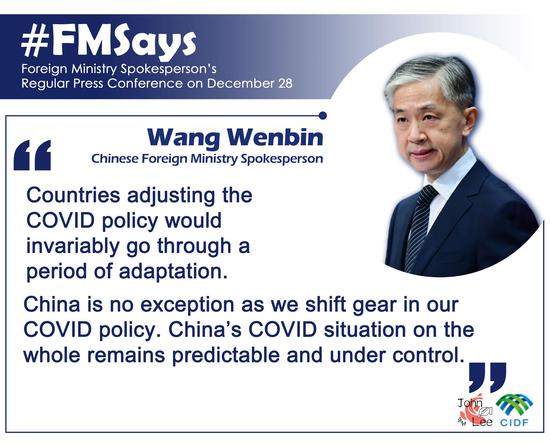
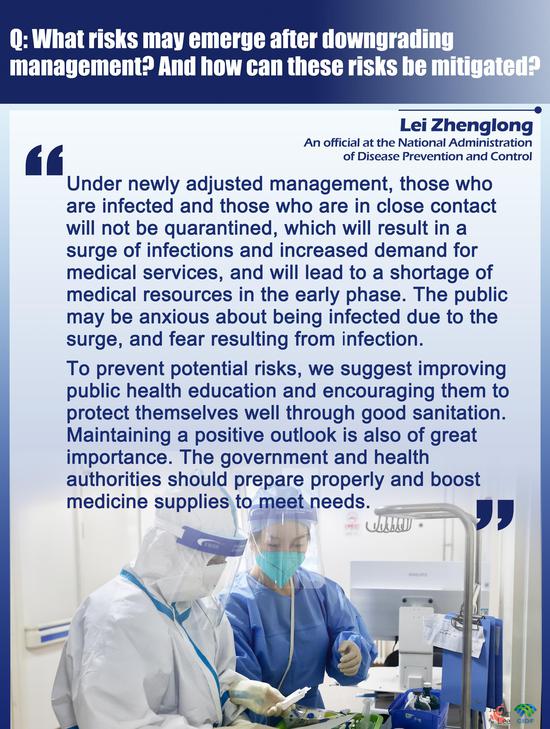

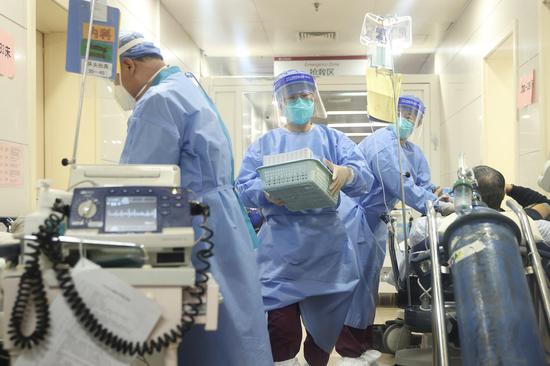
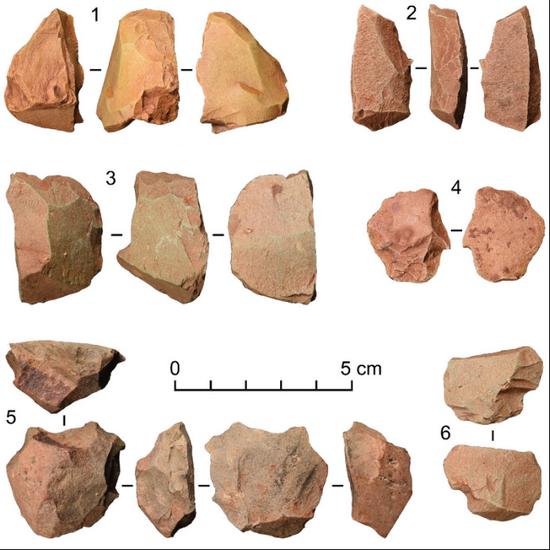

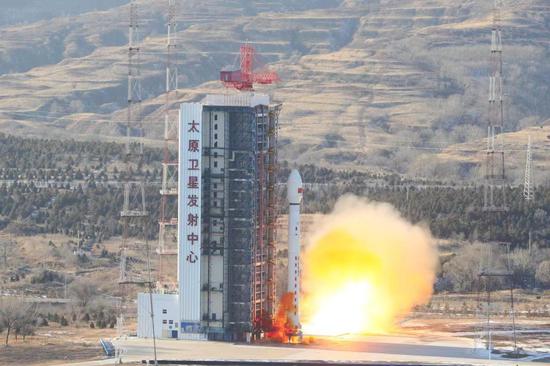


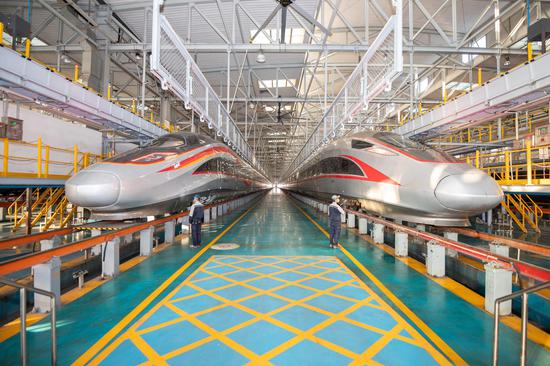

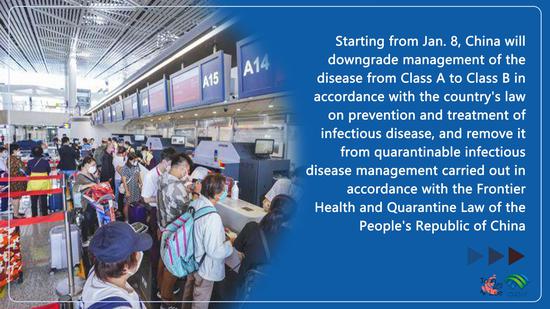
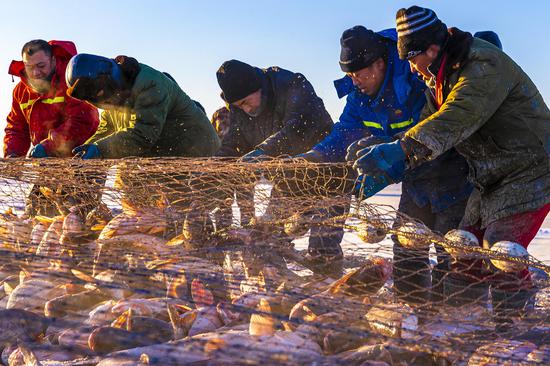




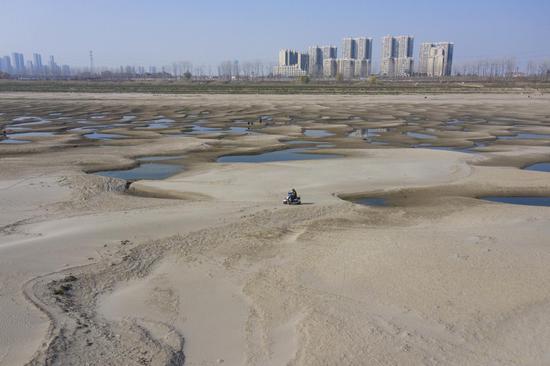



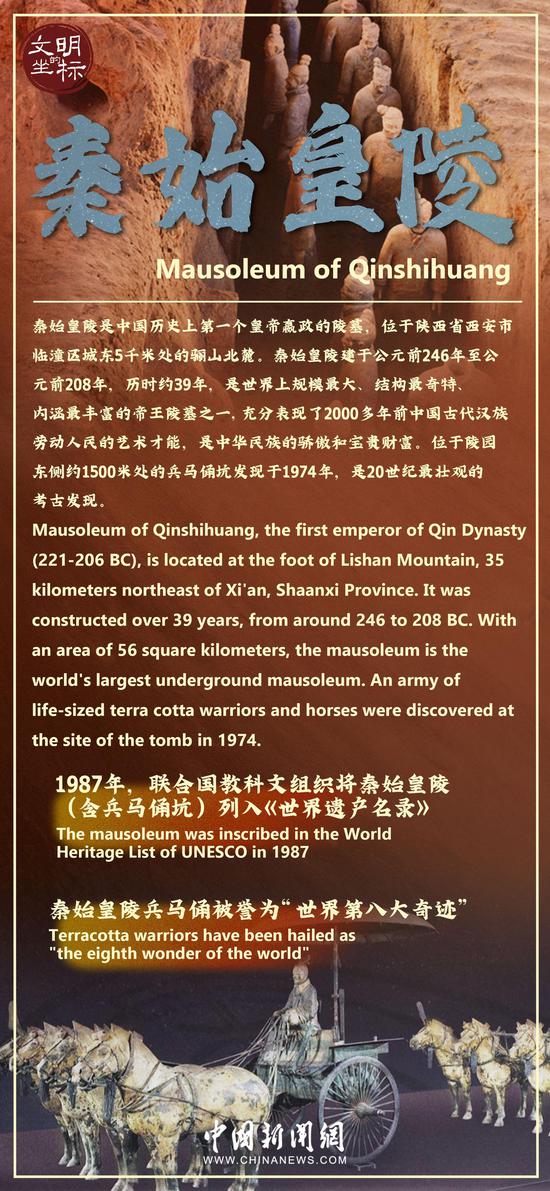
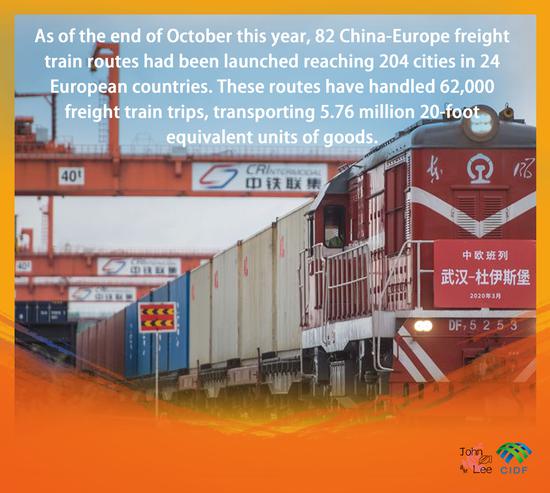
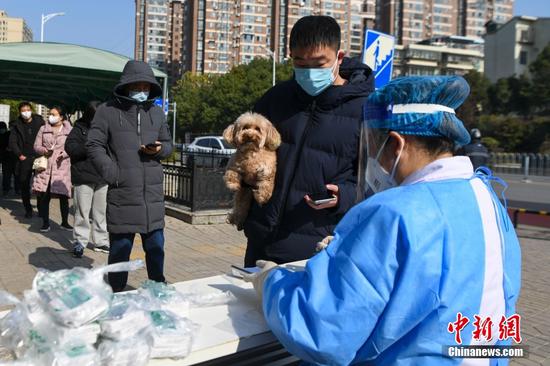


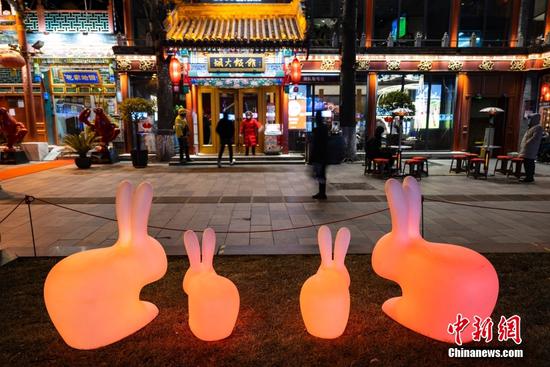
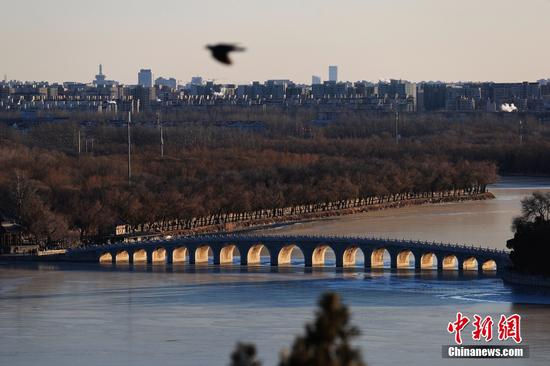









 京公网安备 11010202009201号
京公网安备 11010202009201号